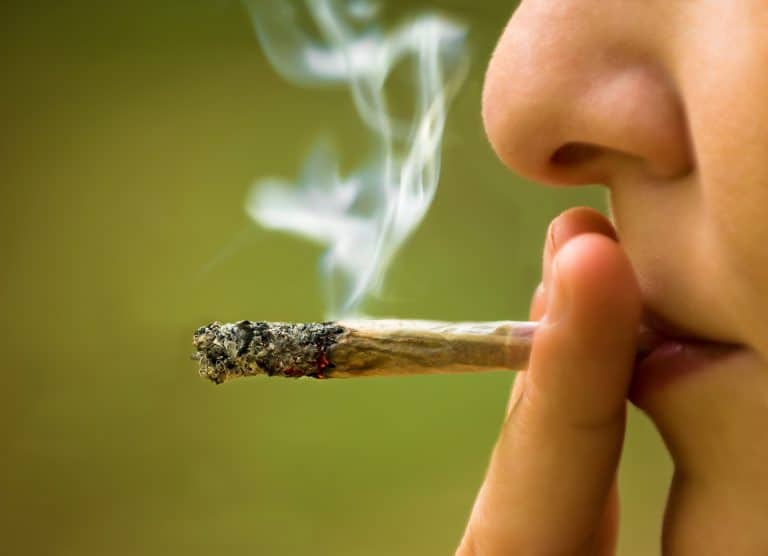Marijuana Excuses Part 1 – “But I Only Used One Time, Thirty Days Ago”
Marijuana Excuses Part 2 – “But I Only Used One Time, Thirty Days Ago”
Marijuana Excuses Part 3 – “But I’m not Impaired”
While smooth-talking attorneys are having success convincing naïve juries that consistent marijuana use does not equal impairment because the defendant has built up a tolerance to THC and therefore does not “feel” impaired, the science tells a different story. Research shows that measurable impairment can be detected in drivers for at least three weeks after the subject has stopped using marijuana. [1] The same is true for impairment in the workplace.
Think of it this way: a highly functional alcoholic will look you in the eye and tell you they are not drunk or impaired in any way. They may even do the finger-to-nose routine to show you they are in control of their faculties, but the breath alcohol test reveals a different story of twice the legal limit. This happens all the time. Why? Because those who use impairing substances frequently build up a tolerance, requiring more volume and/or potency before they “feel” the effect. This also rings true for marijuana but it does NOT mean the individual “has no impairment”.
Consider a study conducted with airplane pilots showing that subjects showed impairment lasting up to 24 hours after smoking a low-grade THC cigarette. While pilots had multiple problems completing tasks and a wide variety of critical errors, all but one said they were no longer impaired.[2]
Regardless of how one feels about their own level of impairment, how do we measure it and or PROVE it? That is certainly where this issue gets extremely complicated.
The overarching answer is … everyone responds differently to THC and we do not, as of yet, have any standardized impairment measurements that have across-the-board comparisons from person to person.
While Drug Recognition Experts (DRE) for law enforcement agencies use some roadside field sobriety tests, courts disagree on the efficacy of these test methods. Some will say they are 100% accurate while others vehemently disagree and do not allow the evidence to be presented in court. Again – it’s sticky.
There is also no standard of measurement in the whole blood (where active THC is measured) that determines impairment to 100% certainty. Some studies suggest a mere 1 ng/mL is enough to impair and others say it is between 1 and 3 ng/mL. The State of Colorado has allowed for 5 ng/mL for roadside impairment testing but it is inferred, therefore contestable, which basically means – doesn’t hold up in court most of the time.
Toxicologists agree that impairment tests are quite possibly decades away.
[1] Pschomotor Function in Chronic Daily Cannabis Smokers During Sustained Abstinence, Bosker, W.M., Karschner, E.L., Lee, D., et. al. (2013) PLoSONE
[2] Carry-Over Effects of Marijuana Intoxication on Aircraft Pilot Performance: A Preliminary report, Yesavage, Leirer, Denari, Hollister (1985) American Journal of Psychiatry
In the meantime, what is an employer to do?
Do not get caught up in the impairment challenge is the best answer. Your policy should state that employees may not be “under-the-influence” of any impairing substance and that presence-in-system testing will determine the outcome for consequences.
At some point, our policy makers may be forced to implement an impairment standard but it will likely not happen soon … or be agreed upon quickly. As this issue evolves we should all stay aware and look to your local expert in drug and alcohol testing to keep you apprised of any advances in technology or policy-making that will be helpful.
By Jo McGuire
Jo McGuire is a Denver native who served on the Colorado Governor’s Task Force to implement the regulatory framework for Amendment 64, representing employer’s rights to safe and drug-free workplaces. As a national expert, she has authored dozens of articles for a variety of trade magazines and is a sought-after conference speaker and webinar presenter on the impact of marijuana in the workplace. She also assists TSS Inc with special projects. Jo is the Chairman-Elect of the Drug and Alcohol Testing Industry Association and chairs the Marijuana Outreach Committee.







